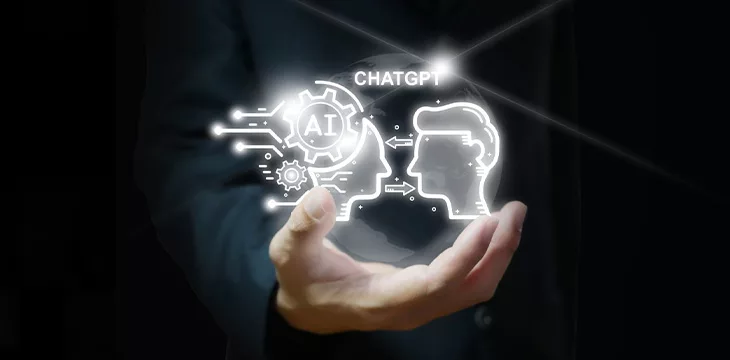|
Getting your Trinity Audio player ready...
|
Artificial intelligence (AI) is taking over and revolutionizing dozens of industries, with some studies estimating that over 300 million people could lose their jobs to AI. However, ChatGPT has a long way to go before it can replace smart contract developers, blockchain security firm CertiK says.
Since ChatGPT burst into the limelight last year, developers have increasingly used it to ease their workload. However, several studies have found that the chatbot has yet to mature enough to replace developers. A study by CertiK in February found that ChatGPT failed to pick up on serious security issues and reported false positives for smart contract codes in other cases.
The chatbot, developed by California startup OpenAI, has yet to plug these gaps, says Kang Li, the chief security officer at CertiK. In a recent interview, he stated that code generated by the chatbot has several vulnerabilities that attackers can exploit.
“You write something and ChatGPT helps you build it but because of all these design flaws it may fail miserably when attackers start coming,” he said.
Li believes that AI should only come in as a developer’s assistant. ChatGPT is a handy tool for “code analysis and reverse engineering. It’s definitely a good assistant and it’ll improve our efficiency tremendously.”
ChatGPT, and other developer-specific AI tools like GitHub Copilot, have allowed newbie developers to take on more complex projects. However, according to Li, these amateurs run the risk of burying vulnerabilities in their code that AI is unlikely to uncover, and which can later be exploited.
“ChatGPT will enable a bunch of people that have never had all this training to jump in. They can start right now and I start to worry about morphological design problems buried in there.”
While AI may not replace developers, experts believe it can make them more efficient by automating many mundane tasks, allowing them to focus on higher-level thinking and problem-solving.
In order for artificial intelligence (AI) to work right within the law and thrive in the face of growing challenges, it needs to integrate an enterprise blockchain system that ensures data input quality and ownership—allowing it to keep data safe while also guaranteeing the immutability of data. Check out CoinGeek’s coverage on this emerging tech to learn more why Enterprise blockchain will be the backbone of AI.
Watch: Blockchain & AI unlock possibilities

 02-18-2026
02-18-2026 




